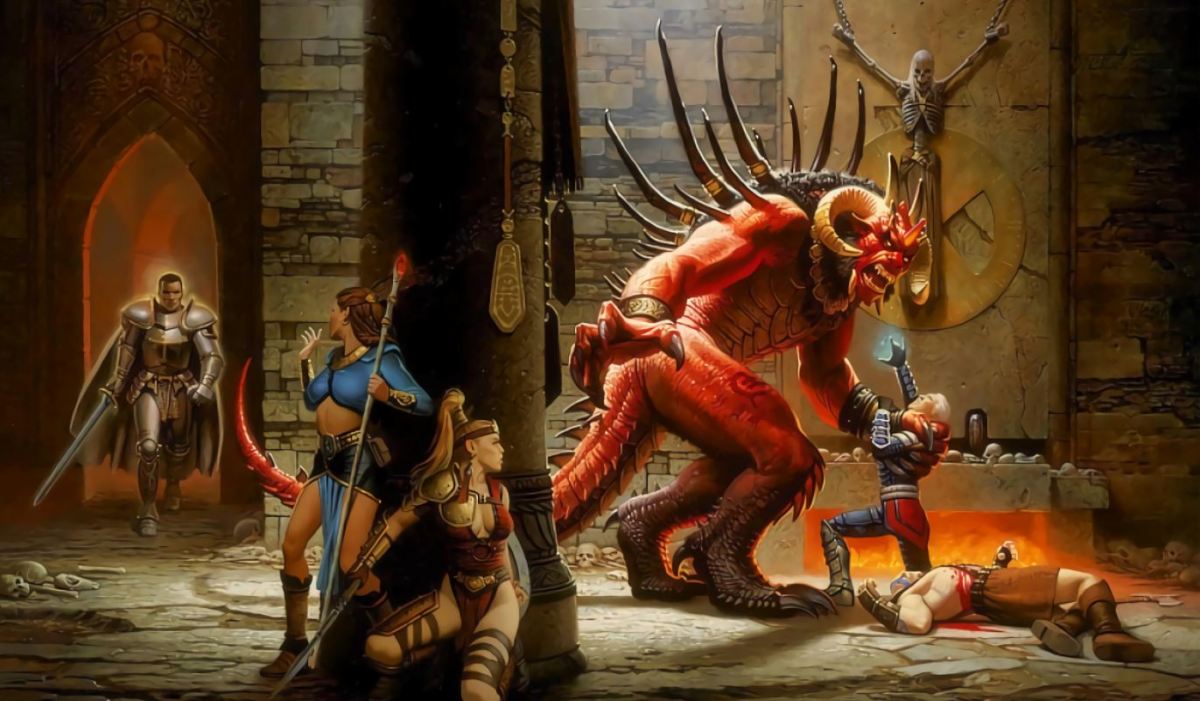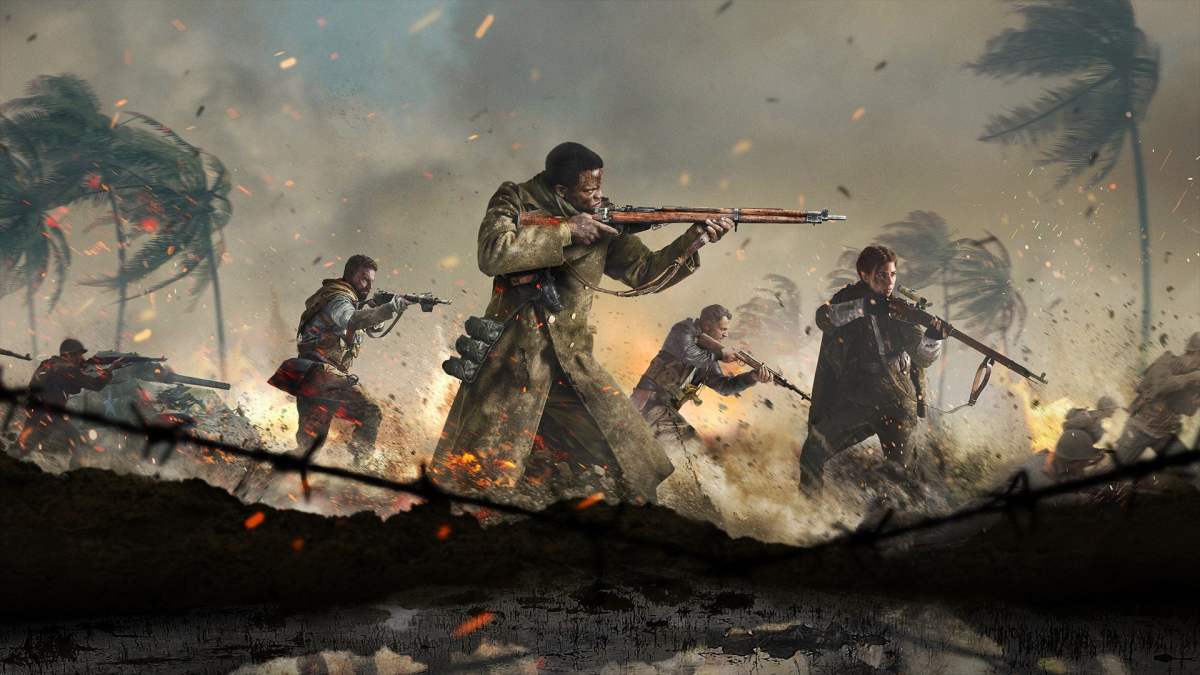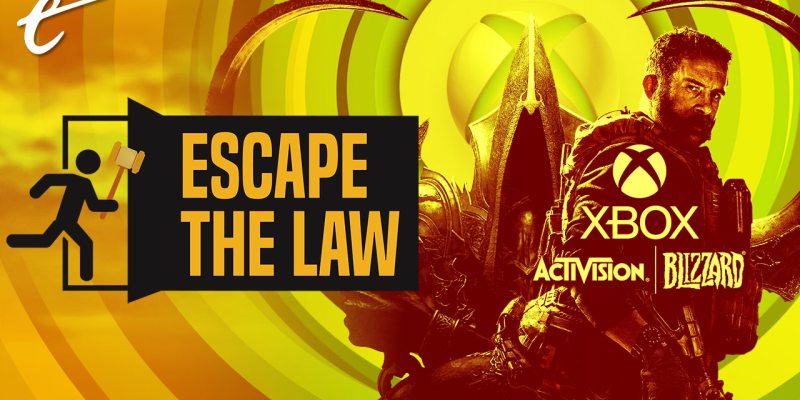On Tuesday, news broke that Microsoft agreed to purchase Activision Blizzard for an eye-popping $68.7 billion. To put things in perspective, that’s roughly 17 times what Disney paid for each of Star Wars and Marvel, nine times what Microsoft paid for ZeniMax, and eight times what Amazon paid for MGM. The size and significance of the Microsoft / Activision Blizzard deal has raised a host of related legal questions. This week, I’ll break down the deal and provide some clarity as to the top questions on people’s minds.
The Short Version of the Microsoft / Activision Blizzard Merger
Firstly, the Microsoft / Activision Blizzard deal probably won’t be blocked by antitrust regulators. There’s still plenty of competition.
As for how this deal impacts Activision Blizzard’s sexual assault disaster — the deal won’t impact the ongoing investigations or settlement litigation. Microsoft’s acquisition will likely change and improve the Activision Blizzard corporate culture, with caveats. Embattled Activision CEO Bobby Kotick will get a large payday, but the agreement contains a provision that could ruin the deal or result in Kotick’s early departure if new allegations of misconduct come to light (again, with caveats).

Now, the Long Version
How does the merger work?
Publicly traded companies are required to file special disclosure forms when they enter into significant transactions. The Microsoft / Activision Blizzard merger is no exception. When announcing the deal, Microsoft filed a “Form 8K” with the Securities Exchange Commission that sets forth the details of the merge and includes a copy of the 100-page merge agreement.
Despite the book-length contract, the actual mechanics of the deal are pretty simple — Microsoft agreed to buy all outstanding shares of Activision Blizzard at a rate of $95 per share. The rest of the contract basically serves one of three functions:
- Assertions made by the parties to assure each other that both sides are getting what they agree to. For obvious reasons, Microsoft would not agree to purchase Activision if Activision were secretly on the brink of bankruptcy, or if it had undisclosed scandals that could negatively impact the value of its assets. Likewise, both parties want to make sure that their counterpart has authority to enter the agreement
- Contingency planning. As explained below in more detail, the deal can’t close until it is approved by regulatory officials and shareholders. Even then, a competitor might tempt Activision with a better offer. The contract plans for these contingencies. For instance, Activision is required to pay Microsoft $2.2 billion in this case, and if regulators scuttle the deal, Microsoft has to pay Activision $2-3 billion.
- Boring nuts and bolts that are needed to make the contract work.

Will the Microsoft / Activision Blizzard deal be blocked by antitrust regulators?
The most prominent question about the deal seems to be whether the deal will be blocked by antitrust regulators.
While it is true that the deal will likely face scrutiny from regulators, I would be shocked if the deal were actually blocked. The focus of any antitrust inquiry is on competition in a particular market. No matter how you slice the market, it is hard to argue that Microsoft’s acquisition of Activision Blizzard would meaningfully foreclose competition.
Indeed, even a bolstered Microsoft would face significant competition from the likes of Google and Apple (for mobile gaming), Sony and Nintendo (for console gaming), Valve and Epic (for PC), Luna and Netflix (for cloud gaming), and a host of other developers or publishing houses that compete on all fronts (Take-Two, Ubisoft, Warner Bros. Interactive).
One of the primary motivations for the deal was nominally to give Microsoft a competitive edge in the construction of the “metaverse.” But since the concept of a metaverse is only in its infancy, the most one could say is that the deal risks foreclosing future competition, which is not, in and of itself, actionable.
Likewise, the fact that Microsoft may decide to make Call of Duty an Xbox exclusive is not anticompetitive, since the market for gaming — and for first-person shooters — and for competitive online first-person shooters — extends well beyond the Call of Duty franchise (which explains why Sony’s console exclusives are also not anticompetitive).
This is not to say there is no antitrust risk associated with the deal. FTC commissioner Lina Khan — who may be in charge of this investigation — has made clear that she is playing by new rules and that she is especially skeptical of mergers. She may decide to make the Microsoft / Activision Blizzard merger a test case for her novel antitrust theories. Nevertheless, even accounting for Khan’s aggressive bent, I don’t think the deal is in danger, both because the gaming sphere is ultra-competitive these days, and because Facebook, Google, and Amazon are shinier toys in the antitrust toybox.

Will the deal be blocked by something else?
Probably not. The deal is technically contingent on shareholder approval from a majority of Activision Blizzard shareholders, but since they will receive top dollar for their shares, it would be pretty surprising for them to reject the deal. It’s possible that another company could try to one-up Microsoft’s offer with a more tantalizing purchase price, but considering the fact that Activision shopped around before entering the deal (including with Facebook), a competing offer seems pretty unlikely.
In theory, it is also possible that Microsoft shareholders could sue to prevent the merger, on the grounds that the purchase price is too high and that Microsoft’s board (which approved the deal) was acting out of self-interest, rather than in the interests of the shareholders. At face value, there is at least some reason to think that Microsoft overpaid for Activision — the deal is well over Activision’s market cap and over seven times its annual revenue. Nevertheless, these kinds of claims almost always fail, unless there is a clear conflict of interest or unless the deal is clearly against the company’s interest. While Microsoft may have overpaid, it probably has not overpaid enough to justify a shareholder suit to block the deal.
What does this deal mean for the sexual assault / harassment claims at Activision Blizzard? Well, Microsoft’s acquisition doesn’t signal a cultural renaissance.
The Microsoft / Activision Blizzard deal itself does not impact the claims that are currently pending against Activision from California’s Department of Fair Employment and Housing, nor does it impact Activision’s settlement with the EEOC. Those cases will continue and may even be resolved by the time the merger closes next June.
While the claims themselves will continue uninterrupted, the culture at Activision will almost certainly benefit from the merger. Early reports suggest that Activision CEO Bobby Kotick will leave the company after the merger is complete. With that departure and Microsoft’s new control, there is good reason to think that the merger can help accelerate the change to a healthy work environment. While Microsoft is not without its own share of conflicts, the company is nonetheless miles ahead of Activision.
Yet, there is still cause for concern. When Microsoft acquires companies, it typically requires the acquired companies to have a clean record. Thus, companies typically certify that none of their higher-level officers or executives have been accused of sexual misconduct in recent years.

Obviously, Activision couldn’t make that representation, as numerous allegations were raised against senior employees just last year. But the parties didn’t want to jeopardize the deal, so they modified the stock language. Instead of certifying that it has not been accused of sexual misconduct, Activision Blizzard certified that none of its senior employees have faced allegations of misconduct that took place since 2018, thus sidestepping the vast multitude of prior allegations. After all, why let standards of decency interfere with a good deal?
But there’s more. The “no sexual misconduct allegations” clause doesn’t care about whether sexual misconduct actually took place — only whether any misconduct was alleged. The specific language requires Activision to confirm that “there have not been any material allegations” of wrongdoing. Under this language, Activision would be free and clear even in the face of rampant misconduct, so long as the misconduct never came to light (i.e., so long as the misconduct was covered up, buried, or never asserted).
This goes to show that the purpose of the “no misconduct allegations” clause is not to advance some moral agenda or to keep sexual predators out of Microsoft. Instead, the purpose of the clause is to prevent fraud — Microsoft wants to make sure that Activision isn’t hiding any information that would adversely affect the value of the soon-to-be acquired assets. That explains why the clause is limited to “material allegations” and “material settlement agreements” and why Microsoft was willing to modify its stock language to accommodate Activision’s known scandals.

As for CEO Kotick, if the deal goes through, he stands to earn on the order of $290 million in lump-sum and stock-based compensation. However, if he is terminated for cause (e.g., if additional allegations come to light), then he would get nothing. Because threatening to murder someone doesn’t count unless it took place after 2017.
Needless to say, the modified language and golden parachute for Kotick undermines whatever goodwill Microsoft may otherwise have had when it comes to cleaning up Activision’s culture.
The Microsoft / Activision Blizzard Merger Is Largely in the Legal Clear
So what does this mean for the future? Marty Sliva had an interesting article considering some of the industry implications of the deal. Meanwhile, from a legal perspective, there’s nothing remarkable on the horizon. While Microsoft may one day face an antitrust-gaming reckoning, I don’t see that happening anytime soon.
